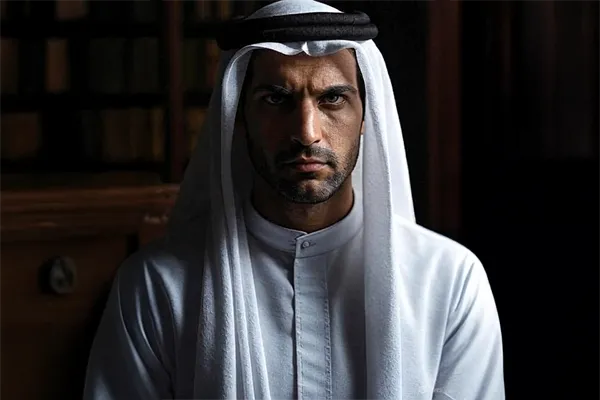By Joe Battaglia
Hidden In The Shadows: The Scholar’s Son Turned Prophet of Vengeance
August 05, 2025
In the labyrinthine alleys of Amman, where the sun baked the stone and the call to prayer wove through the dust, Rashid Nazari was born in 1972 to a modest family of scholars and merchants. His father, a bookseller with ink-stained fingers, filled their home with tomes of poetry and law, while his mother, a schoolteacher, instilled in him a reverence for justice as sacred as scripture.

